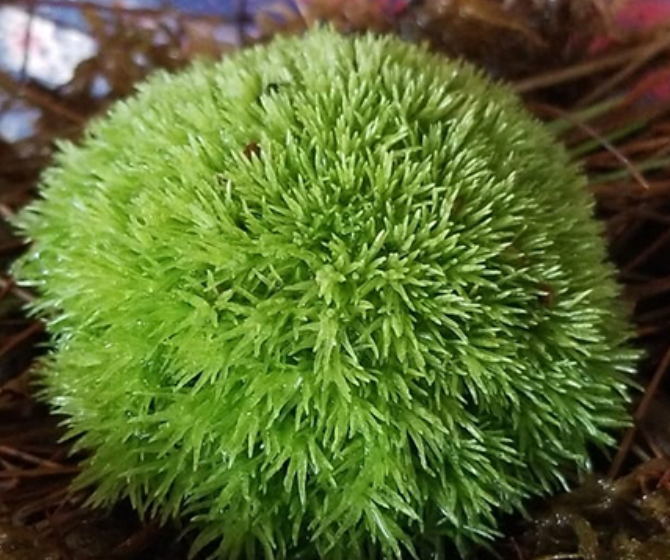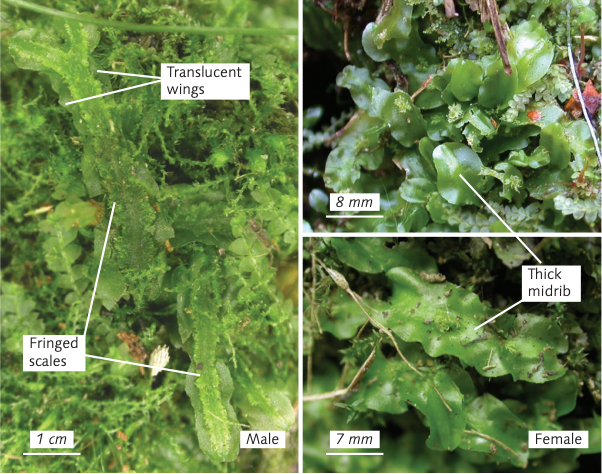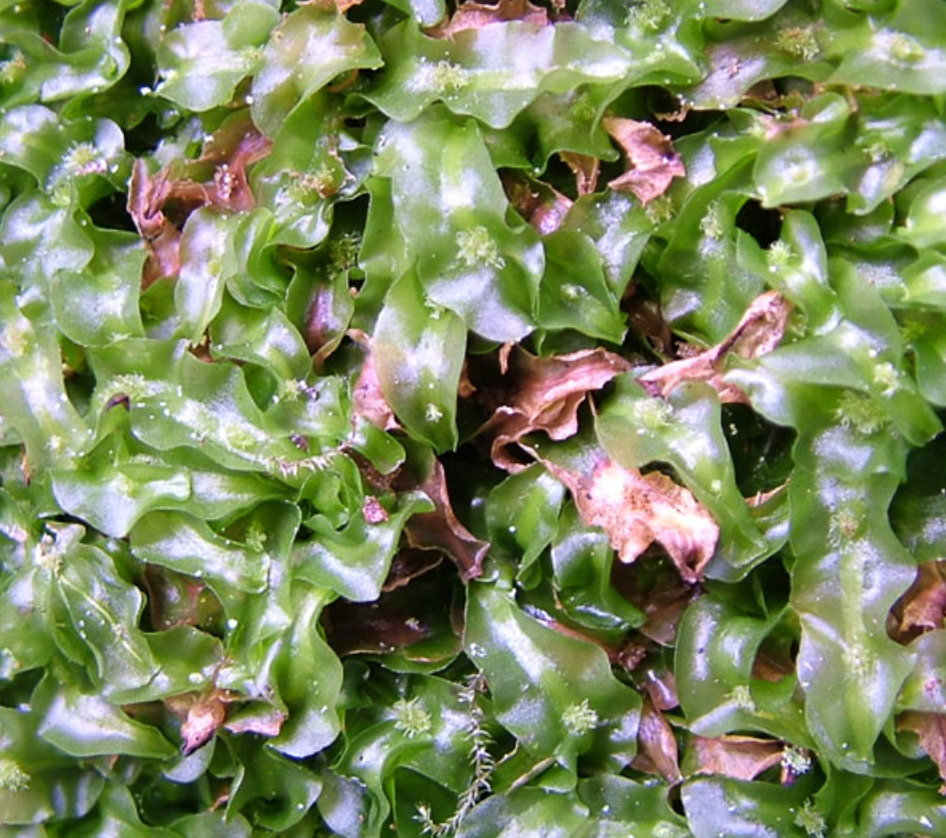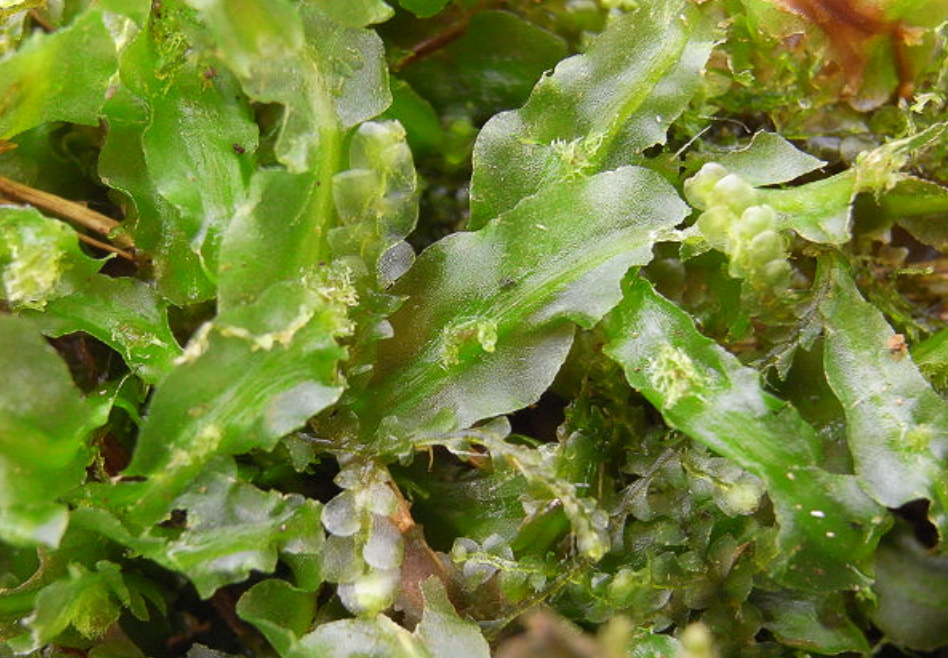The Bryophyta nursery
Pallavicinia lyellii terrarium liverwort with plant passport grown by the supplier
Pallavicinia lyellii terrarium liverwort with plant passport grown by the supplier
Prix habituel
€4,00 EUR
Prix habituel
Prix soldé
€4,00 EUR
Prix unitaire
par
Taxes incluses.
Frais d'expédition calculés à l'étape de paiement.
Impossible de charger la disponibilité du service de retrait
This stunning terrarium plant is a creeping liverwort, making beautiful carpets and sending branches creeping over other moss, which looks wild! And is easy to control as the branches are lightly attached by tiny rhizomes underneath. P. lyellii grows either on sandstone, damp, sandy soil or leaf litter, in high humidity in temperatures from -5c - 35c.
Your liverwort is grown in plastic cups of 5x5cm it will arrive fresh and ready to use in your terrarium.
At first glance, P. lyellii looks like a Pellia, but a close examination reveals several
differences. It is yellowish-green to dark green, without the red-brown sometimes
shown by Pellia, and has a remarkably translucent thallus, just 1 cell thick. This
contrasts strikingly with a thickened midrib. Thalli are typically 3–4 cm long and
5–7 mm wide, and are dioicous. The fertile parts of Pallavicinia are very distinctive:
male plants have a set of fringed scales along the sides of the midrib (like lots of
little hands), each one protecting a male organ. Female plants have 1 or 2 long,
tubular perianths on the midrib, surrounded at the base by a fringe of little handlike structures.
Well-grown Pellia species (pp. 235–237) do not have translucent thalli contrasting
with a well-defined midrib; they show gradual transitions from the center to
the edge of a thallus. The male organs of Pellia are in little pits rather than being
protected by hand-like structures, and the tubes of Pellia do not have a fringe of
scales at the base. Occasionally, one finds very thin, non-fertile Pellia in heavily
shaded peat cuttings, which can cause confusion; it is always best to look for fertile
material of Pallavicinia. The two (or three) Moerckia species (p. 239) have fertile
parts like those of Pallavicinia, but grow in different habitats.
P. lyellii grows either on sandstone, damp, sandy soil or leaf litter.
Your liverwort is grown in plastic cups of 5x5cm it will arrive fresh and ready to use in your terrarium.
At first glance, P. lyellii looks like a Pellia, but a close examination reveals several
differences. It is yellowish-green to dark green, without the red-brown sometimes
shown by Pellia, and has a remarkably translucent thallus, just 1 cell thick. This
contrasts strikingly with a thickened midrib. Thalli are typically 3–4 cm long and
5–7 mm wide, and are dioicous. The fertile parts of Pallavicinia are very distinctive:
male plants have a set of fringed scales along the sides of the midrib (like lots of
little hands), each one protecting a male organ. Female plants have 1 or 2 long,
tubular perianths on the midrib, surrounded at the base by a fringe of little handlike structures.
Well-grown Pellia species (pp. 235–237) do not have translucent thalli contrasting
with a well-defined midrib; they show gradual transitions from the center to
the edge of a thallus. The male organs of Pellia are in little pits rather than being
protected by hand-like structures, and the tubes of Pellia do not have a fringe of
scales at the base. Occasionally, one finds very thin, non-fertile Pellia in heavily
shaded peat cuttings, which can cause confusion; it is always best to look for fertile
material of Pallavicinia. The two (or three) Moerckia species (p. 239) have fertile
parts like those of Pallavicinia, but grow in different habitats.
P. lyellii grows either on sandstone, damp, sandy soil or leaf litter.
Materials
Materials
Shipping & Returns
Shipping & Returns
Dimensions
Dimensions
Care Instructions
Care Instructions
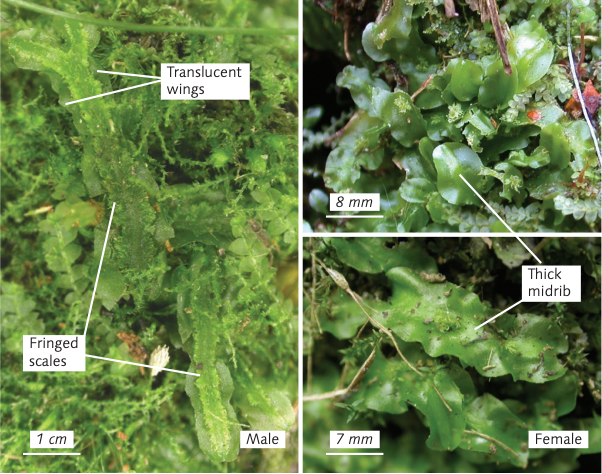
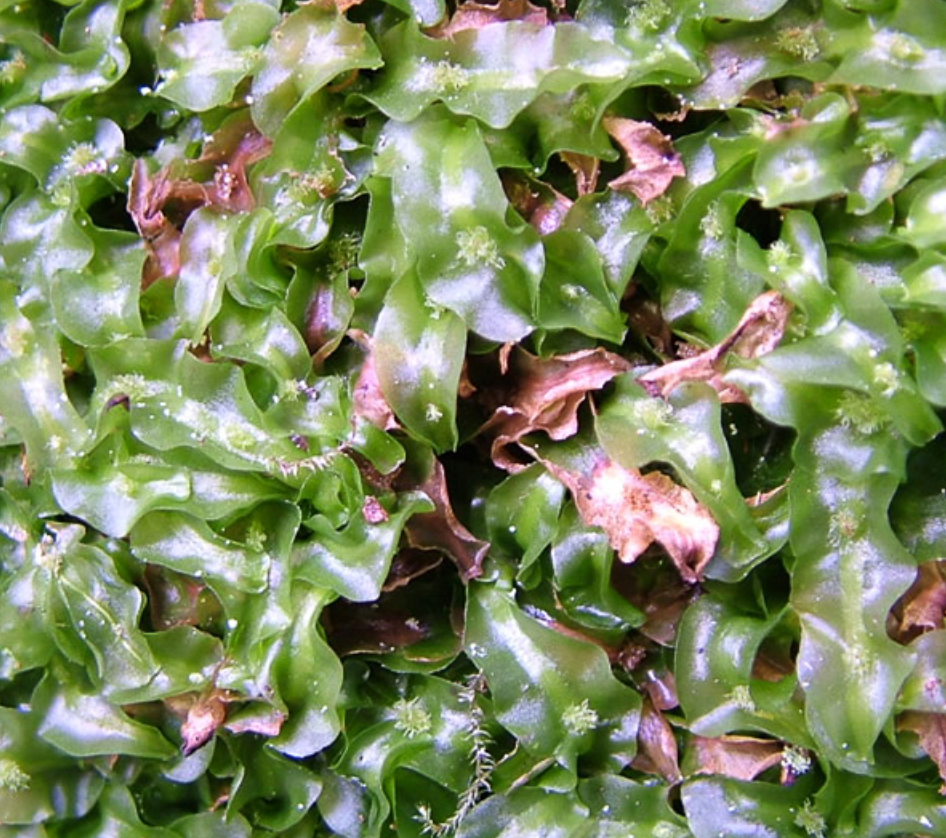
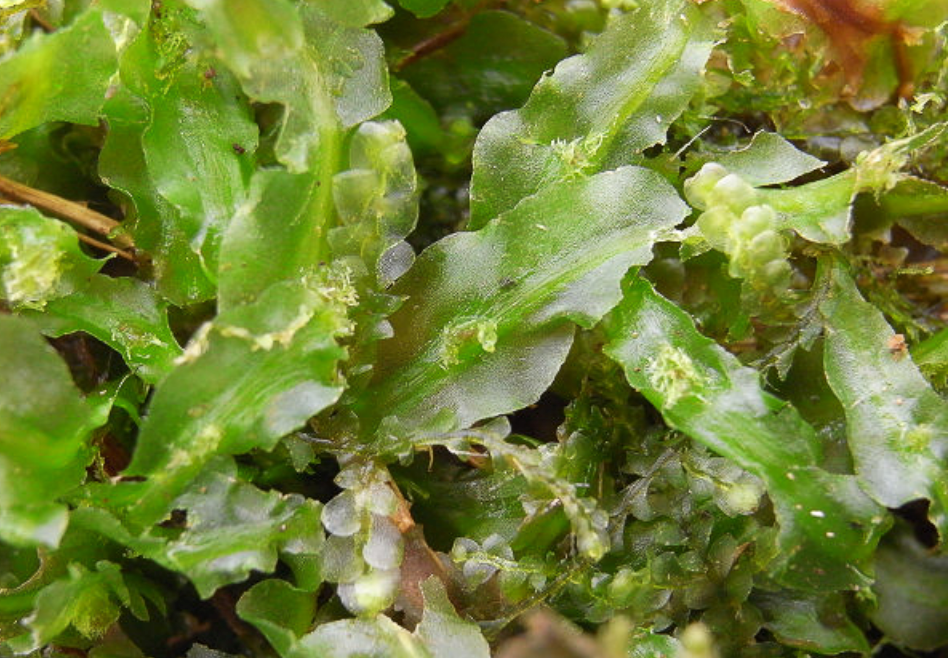
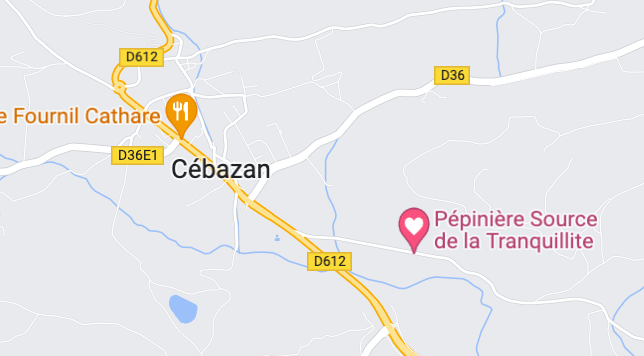
-
Free Shipping
We offer free shipping in France! and internationally for orders of 500 euros or more.
